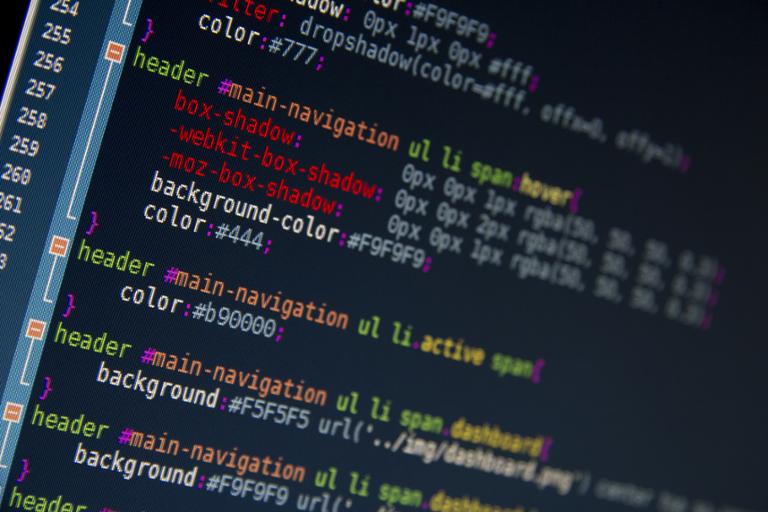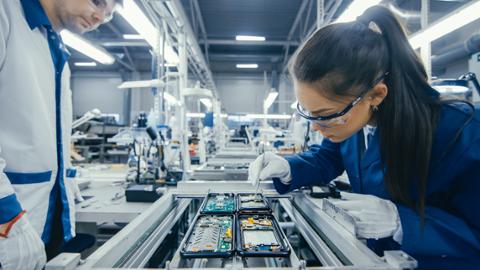While terming a particular technology “most popular” is always a problematic endeavor, Google’s gargantuan amount of search data offers some excellent insights into which technologies seize the world’s attention. Over the past 12 months, the most-searched computer science terms on Google have included:
- ChatGPT
- Chatbot GPT
- Perplexity AI
- AI Chatbot
- OpenAI
- Large Language Models
- GitHub Copilot
(In assembling that little list, we obviously excluded duplications and other search-related weirdness.)
Given the enormous buzz around ChatGPT and other generative A.I. technologies, it’s no surprise that people are searching for information about it online. If you’re a tech pro interested in anything A.I.-related, it’s important to think through how the technology might impact your job over the next several years.
As part of its 2024 Learning & Skills Trend Report, Udemy cited a McKinsey report stating that 30 percent of work hours across the U.S. economy could be automated by 2030; meanwhile, a PricewaterhouseCoopers analysis concluded that A.I., automation and robotics could collectively contribute $15 trillion to global GDP by the decade’s end. At this point, A.I. isn’t an edge technology—it’s going to impact the majority of companies, and have a seismic effect on the economy.
Yet another report from McKinsey, Technology Trends Outlook 2023, suggested that any tech pro interested in A.I. consider mastering the following concepts:
Even if you don’t intend on shifting your career onto an A.I.-centric track, keep in mind that A.I. will inevitably find its way into your workflow; if you’re a software engineer or developer, that’s potentially in the form of no- and low-code tools, chatbots capable of writing and checking code, and more. In theory, automation could allow you to do your job more creatively and effectively:
If you’re a freelancer or contractor (or even just someone who likes having a side gig), A.I. could also free up your ability to work more jobs.



